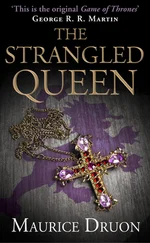To Harry, my best friend, and to Pam,
the wonderful woman he led me to.
There are many people to thank, but first a little bit of history. My interest in the Boston Strangler case was first agitated back in 1999 when I sat in the living room of a wonderful old Boston cop named Jack Barry who had just retired after fifty-three years on the job. Decades after the last murder, he could still reel off all the Strangler’s victims by name.
Unbeknownst to him or me, Boston Police Captain Tim Murray, probably the best cold case cop in the country, had secretly brought some old evidence into the department’s new DNA lab to answer one of the most vexing questions in the city’s history: Was Albert DeSalvo really the Boston Strangler?
When I wrote that story on the front page of the Globe, it shot around the world in what seemed like a minute. Swamped with publicity, the department’s higher-ups shut Murray down before he could come up with answers, but the uncertainty over whether DeSalvo was the right guy was out in the open all over again.
Was it DeSalvo? Author Susan Kelly presents the best case that it wasn’t, in the exhaustively reported and well-written book, The Boston Stranglers. I borrowed liberally from her work in shaping this plot.
Likewise, I thank Casey Sherman, nephew of the last of the Strangler victims, for penning the excellent Search for the Strangler: My Hunt for Boston’s Most Notorious Killer.
Also, thanks to a legion of Boston Globe and Herald reporters for their vivid coverage of the crimes while they were happening, and in retrospect as well.
At Atria books, I’ve been fortunate to be placed in the great custody of Sarah Branham, as probing and as kind-hearted an editor as I’ve ever met. Thanks as well to editor Emily Bestler for seeing this project through from start to finish.
Thanks to my old friend and constant sounding board, Mitch Zuckoff, a professor at Boston University, for his spot-on final read of the manuscript. The guy could copy-edit the Constitution and find a dozen mistakes.
I’ve been blessed with the best literary agent in New York, Richard Abate of International Creative Management. These novels simply don’t happen without him and his team.
Thanks as well to friends and colleagues at the Boston Globe for their constant support on these projects, most especially to my own editor, Michael Larkin, and the paper’s editor, Marty Baron. The newspaper business is going through hell, but I still have the best job on the planet.
And to family, my most enduring and endearing readers, thank you.
Maybethis one would finally be his last. Of course, that’s what he thought two weeks before when he stood over the decomposing body of a prematurely aged — and prematurely dead — heroin addict who was found shot to death in an abandoned two-decker in Dorchester. By the time the cops got to the guy’s body, the coroner had a tough time telling the needle marks from the rat bites up and down his toothpick arms.
He had as much a chance of solving that homicide as he had of retiring to an oceanfront estate on the Gulf Coast of Florida.
Speaking of which, how the hell was he going to make it all work — not that case, not any case, but the retirement? That’s what kept flashing through Detective Mac Foley’s mind as he glided through the quiet city on the way to another murder scene, this one maybe the last of his forty-five-year career.
He should have been able to make it work — that’s for sure. The pension wasn’t bad (actually, he knew it was pretty damned good). The savings should have been there. Then there’s Social Security, for whatever that’s worth. But he and Sandy had to go off and have a kid late in life. What the hell were they thinking? Now he was sixty-five years old and with a daughter in college, and no, she wouldn’t go to UMass like all the other kids in the neighborhood. She needed to go private, and not just any private, but — what is it that her high school guidance counselor had so proudly called it? — an elite school. Elite meant there was ivy clinging to the brick buildings and half his salary went to tuition. It meant that he had to take out a second mortgage on their small house. It meant that come next week, the retirement that should have been so comfortable wasn’t going to be so comfortable after all.
Not all her fault, though — he knew that. She was a good kid, just getting what was hers. It was him that was the problem, or maybe his damned job. He should have been making more money. Four and a half decades as a cop, and he still held the vaunted title of “detective.” No captain, no lieutenant, not even a damned sergeant. Just detective. It didn’t matter shit that he was known by anyone who was anyone as the best homicide cop on the force, that he had put eighty-six men and three women — killers all — behind bars for life, that city hall itself once demanded that Mac Foley be put on a case when the mayor’s cousin was killed. What mattered was how much money he had in the bank, and right now, staring down the barrel of retirement, he didn’t have enough.
He thought again of Hal Harrison, the commissioner. When he wasn’t thinking of his own pathetic retirement, he was thinking about the commissioner. They had the same birthday, they started at the police academy on the same day forty-five years ago, they were both elevated to detective the same month, and now they had the same retirement day. After spending his entire career keeping Foley down, making him eat four decades’ worth of shit, Harrison was going out on top, with all sorts of fanfare and probably more money than he could ever spend for the rest of his life. And he was probably about to be mayor.
Mac Foley knew the lies that Harrison told to get to where he was. And now he could taste the bile in his own throat.
“Mac, good to see you, old pal. I thought you’d already been led from the stable out to the pasture.”
That was Lieutenant Dan Eldrich greeting him as Mac stepped out of his unmarked car on stately Charles Street on Boston’s Beacon Hill. Mac took a quick look around at the typical scenery of his job — the three or four double-parked squad cars with their blue and white flashers cutting through the cold night air and reflecting off the glass storefronts, the foreboding medical examiner’s truck idling in the street, the yellow tape, the small crowd of people craning their necks from a nearby street corner to see what was going on.
He looked up and down Charles Street, the main thoroughfare through the most famous neighborhood in the city. Gorgeous. The buildings all looked like antiques, like they were straight out of the age when Paul Revere was galloping around yelling whatever it was that he yelled. The lamps were gaslit, the shops exclusive, and the apartments above the shops expensive. He couldn’t remember the last time he had been on Beacon Hill for a murder. The guy who never forgot a murder scene couldn’t remember if he had ever been here for a murder, and then he did. It was forty years ago, and he was momentarily surprised at himself that he could ever forget.
“This looks like a strange one,” Eldrich said, wrapping an arm over Foley’s shoulder as the two of them walked toward the town house building where a pair of uniformed cops stood guard at the front door. “It’s why I called you specifically. I didn’t want any schmuck on the rotation getting this thing and fucking it all up.”
The two of them paused on the sidewalk.
“Domestic?” Foley asked.
Eldrich shook his head. “There’s no domesticated guy in her life, what I’m told.”
Читать дальше
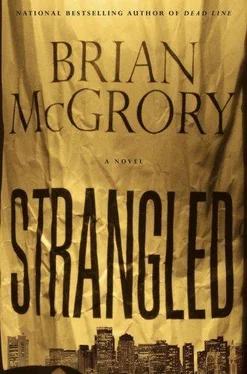
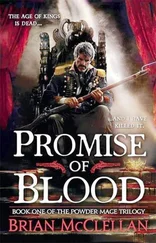
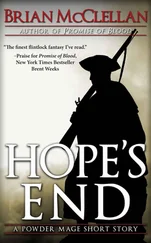

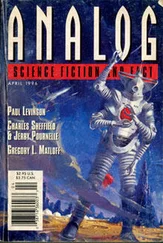
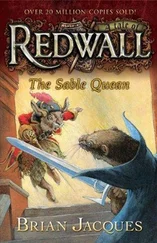
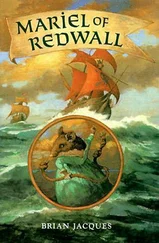
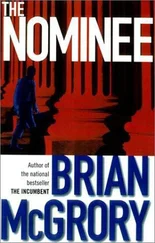
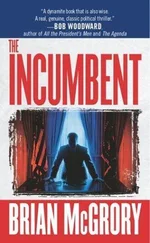
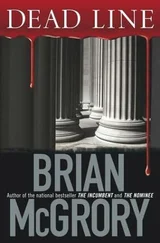
![Джеймс Чейз - Not Safe to Be Free [= The Case of the Strangled Starlet]](/books/417649/dzhejms-chejz-not-safe-to-be-free-the-case-of-the-thumb.webp)
